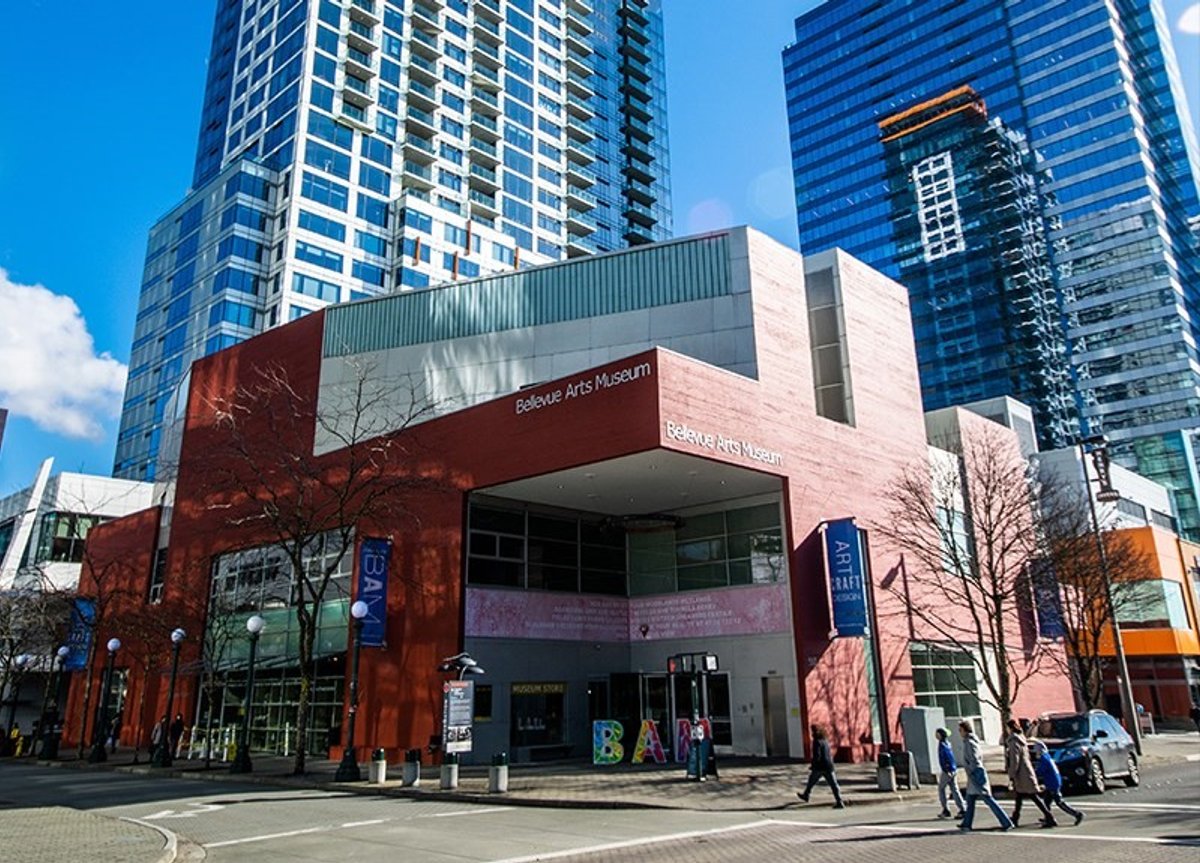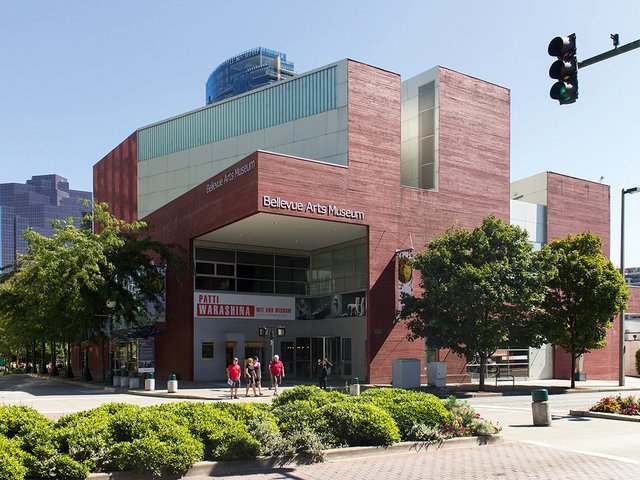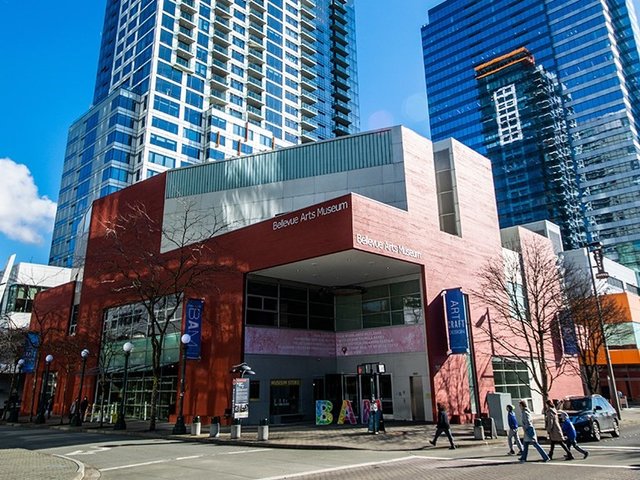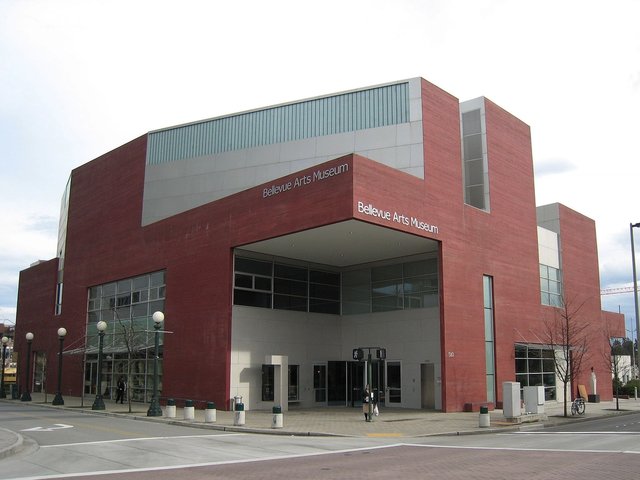The Bellevue Arts Museum (Bam) in Washington state closed its doors to the public In September 2024 and entered into receivership following years of financial problems. Now the institution has agreed to sell its Steven Holl-designed building to KidsQuest Children’s Museum. The $5m it will receive from the sale, according to Margo Vansynghel of The Seattle Times, will allow Bam to pay off its creditors and establish a new board for the surviving non-profit organisation, which will refocus its efforts on the local arts fair that was the initial impetus for the museum’s creation.
“Bam will continue to nurture and support the arts through the annual Bellevue Arts Fair, one of the longest-running and largest events in Washington state,” Shelly Crocker, the court-appointed receiver now in charge of the museum, said in a statement. “Additionally, we are dedicated to establishing an emerging-artist programme, a tradition from Bam's early days. Finally, Bam is actively seeking a new physical location to house its extensive art library, display a select collection of visual art and host events that will continue to support art and culture in Bellevue, with more updates to follow.”
The decision to sell the building came after considering whether the local community in Bellevue, a wealthy suburb of Seattle, actually wanted a traditional art museum, Crocker told The Seattle Times. She added that annual attendance to Bam had stood at around 15,000 to 20,000 visitors since the pandemic. KidsQuest, meanwhile, serves about 200,000 people every year; a move into the Holl building would allow it to expand its audience to more than 350,000 people annually, according to a joint statement.
The sale has the blessing of the city council and the Freeman family—led by Bam’s long-time patron Kemper Freeman, whose real-estate company owns the nearby Bellevue Square mall and many of the buildings in the city’s downtown corridor. The developer also had a right of first refusal on the museum building and land, which has a tax-assessed value of $35m, according to public records. (The Seattle Times notes that depreciation and a lack of air rights above the property might lower its market value.) Crocker told the newspaper that the sale price to KidQuest is below the commercial value, because it is a non-profit and “the sale benefits the public”.
KidQuest has until the end of December to conduct due diligence on the property; the sale is also subject to approval in King County Superior Court. If the sale is finalised, KidQuest’s president and chief executive, Putter Bert, estimates that the organisation will need to raise an additional $60m to renovate the building. This includes updating the bathrooms, elevators and heating, ventilation and air conditioning, as well as soundproofing it (to accommodate its neurodivergent young visitors) and installing new exhibitions. The children's museum does not plan to make any significant changes to the building’s structure, however, and hopes to open in the Holl building in 2029.
Bam, meanwhile, may only keep its acronym—once it leaves the building and reorganises as a new non-profit, perhaps sometime next year.





